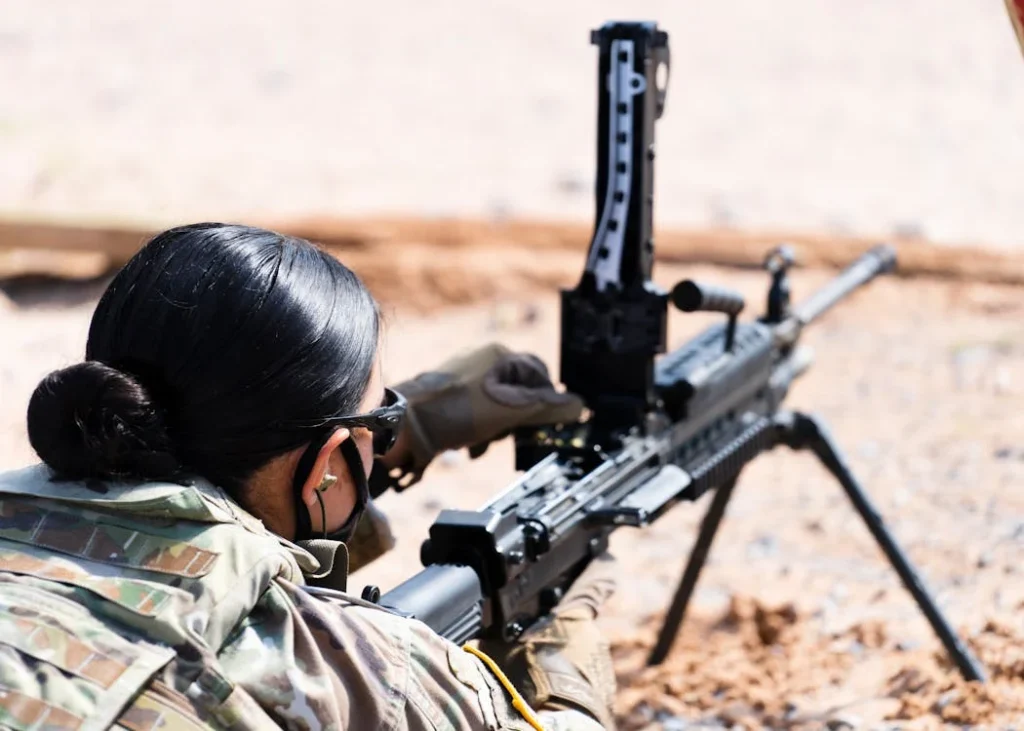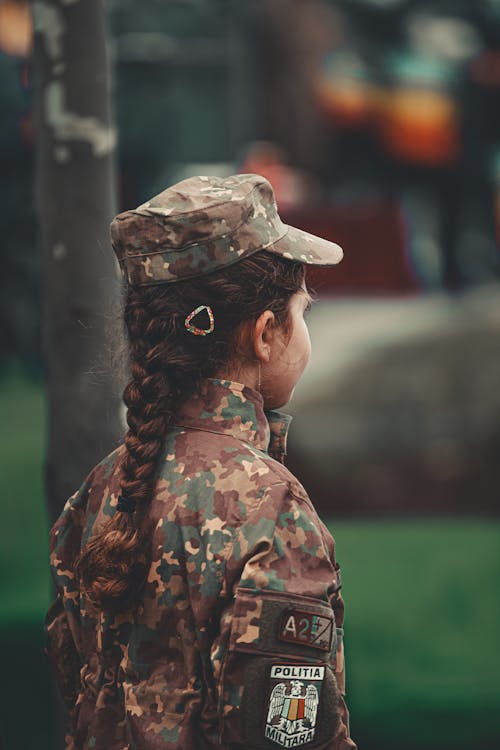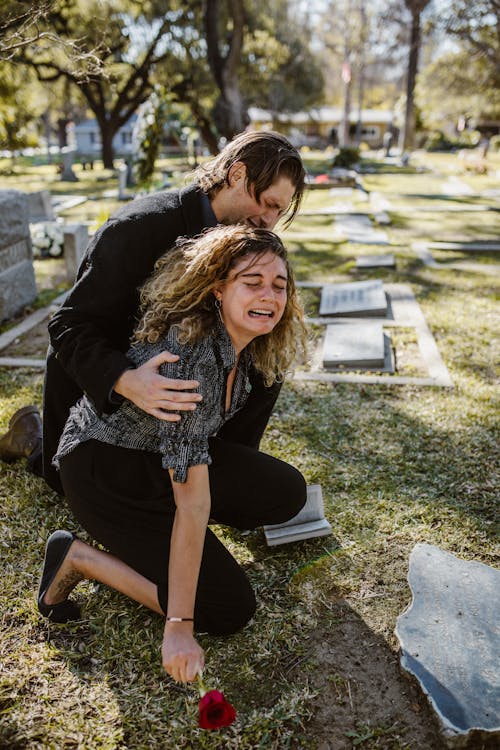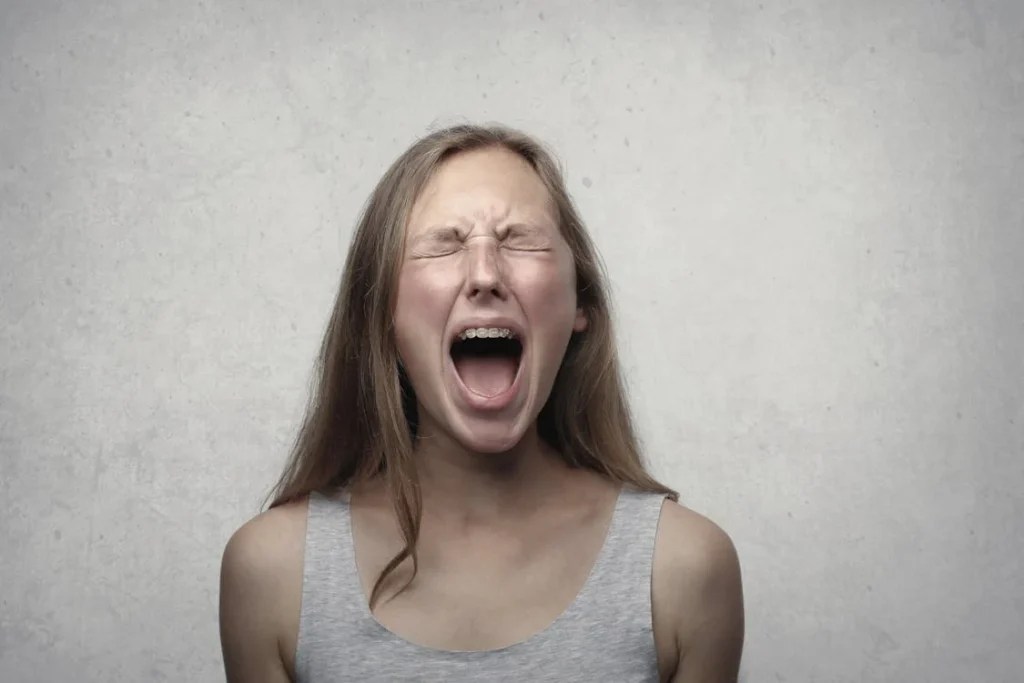We always hear about men in these fields, so let’s change that. Discover the challenges women in military face. Women veterans’ bravery and sacrifice are often overlooked in the larger story of military service. Despite the stereotype of soldiers as men, women have performed significant roles in the military. But their experiences are different, characterized by particular struggles and victories that call for acknowledgment and compassion.
Female veterans face a variety of difficulties, from combat experiences to healthcare inequalities, which are frequently worsened by institutional and societal restrictions. But despite these difficulties, they show incredible resiliency.
We aim to raise awareness and respect for female soldiers’ accomplishments by highlighting their experiences. By reading their tales of resiliency and victory, we can better understand the difficulties of military duty and the value of standing by those who have served our nation, regardless of gender.
The courage and sacrifice of female veterans often go unrecognized, overshadowed by traditional narratives of military service dominated by men. However, women’s experiences in the military are distinct and worthy of attention.
Table of Contents
Historical Context of Women in Military

Shut your eyes and return to the Revolutionary War, when women fought alongside men with just as much commitment as men, even in the middle of chaos. Women were vital to the struggle for independence, from taking up arms on the front lines dressed as men to lending vital support as seamstresses, nurses, and chefs.
Nevertheless, history ignores the bravery and sacrifice of these women despite their contributions. Instead, they are marginalized, and the experiences of their male colleagues are overshadowed. These women are still heroes of the Revolutionary War because they were not given the credit they deserved.
The position of a military woman expanded over the years and the country. More and more women were willing to serve their country in every war and battle. Within the military hierarchy, they occupied more demanding and diversified duties, no longer limited to supporting roles.
But the road to equality hasn’t always been easy. Women in military have frequently experienced prejudice and unfair treatment despite their desire to fight and die for their country. Rejected from combat roles and passed over for promotions, they have had to negotiate a hostile environment.
Nevertheless, women have persisted in the face of these obstacles. With each barrier they have broken, they have cleared the path for upcoming generations of female service personnel. Their bravery and tenacity have spurred progress and given momentum to the continuous fight for recognition and equality in the military.
We must recognize the growth of women’s positions in the armed forces and their ongoing struggle for equality.
Challenges Faced by Female Veterans

A female soldier faces the physical hardships of conflict as well as the widespread issues of harassment and discrimination based on gender in the harsh environment of battle.
Veterans who have experienced battle have unique challenges. Despite their skill and dedication, they frequently face not only the enemy but also profoundly rooted preconceptions and stereotypes among themselves. A military woman goes through a demanding environment that can have a significant negative influence on their mental and emotional health, from dealing with overt sexism to enduring undervaluation.
The most terrifying challenge for female veterans, however, may be military sexual trauma (MST). Sexual assault and harassment harm women in an atmosphere known for its imbalanced power relations and no accountability. These awful events scar survivors deeply, persisting long after service ends. Reintegration into civilian life traumatizes female veterans with MST. Many wrestle with depression, PTSD, and psychological woes making readjustment arduous. Female soldiers enduring MST struggle through extended, demanding rehabilitation. Recovery necessitates inclusive mental healthcare access. Also needed is a community validating experiences, supportive, and providing sanctuary.
Many women veterans keep quiet due to the stigma and embarrassment linked to sexual trauma while serving. An uncompromising stance is essential for the challenges female veterans confront, especially combat experiences and military sexual trauma. This involves tackling sexism and misogyny in the military, punishing offenders, and offering survivors tools to recover.
Healthcare disparities

Women veterans often encounter barriers in their search for gender-specific healthcare, especially in the areas of maternity and reproductive health. Even with improvements in medical care, many hospitals still do not offer programs that address the health issues faced by female veterans.s The idea that getting mental health treatment is a sign of weakness may be reinforced by cultural and societal standards in both the military and civilian life, further isolating female veterans and disrupting their healing process.
It is essential to have solutions in place that provide special attention to the needs of female veterans to overcome these healthcare inequities. Women veterans can receive the high-quality treatment they need and deserve if we increase access to gender-specific medical services and provide a welcoming environment for mental health services.
Why Female Veterans are Great Soldiers
Female veterans make outstanding soldiers for various reasons because of their diverse experiences, viewpoints, and unique set of talents gained from military service. The following are solid arguments for why female veterans perform well in the military:
- Flexibility: Female veterans frequently navigated various challenging environments throughout their military careers. These women have shown exceptional flexibility. They are vital assets on the battlefield because they have developed the ability to thrive in constantly changing situations, whether stationed overseas, deployed to combat zones, or acting in support positions.
- Resilience: When faced with hardship, female veterans show remarkable resilience. They have persevered through mental and physical difficulties, including the demands of battle, being apart from loved ones, and being exposed to traumatic situations.
- Leadership: Because of their military education and experiences, female veterans possess certain leadership traits that they bring to the table. Their comprehension of the significance of collaboration, dialogue, and decision-making under duress enables them to function as proficient leaders in scenarios with significant risks. Their varied viewpoints and cooperative leadership style make the military culture more dynamic and inclusive.
- Problem-Solving Ability: Female veterans have excellent problem-solving abilities thanks to their military training and practical experiences.
- Dedication and Commitment: Female veterans are the epitome of steadfast devotion to their cause, nation, and fellow military members. They are examples of duty, honor, and selfless service because they voluntarily give up their comfort, safety, and personal goals to further the greater good. Their unwavering dedication promotes an outstanding culture inside the armed services and guarantees the success of military operations.
- Diversity and Inclusion: With their distinct viewpoints, skills, and backgrounds, female veterans strengthen the military ranks and contribute to diversity and inclusivity. Their presence promotes respect, tolerance, and acceptance while assisting in developing a more equal and representative military force. By embracing diversity, the military grows more robust, more resilient, and better prepared to face the complex problems of the contemporary world.
Conclusion

In conclusion, bravery, selflessness, and resiliency characterize the experiences of female veterans. A military woman exhibits remarkable courage and determination despite experiencing particular hardships, including conflict, healthcare inequities, and sexual trauma suffered by military personnel. By recognizing their contributions and fighting for their assistance, we pay respect to their service and open the door for a more diverse and equal military.





